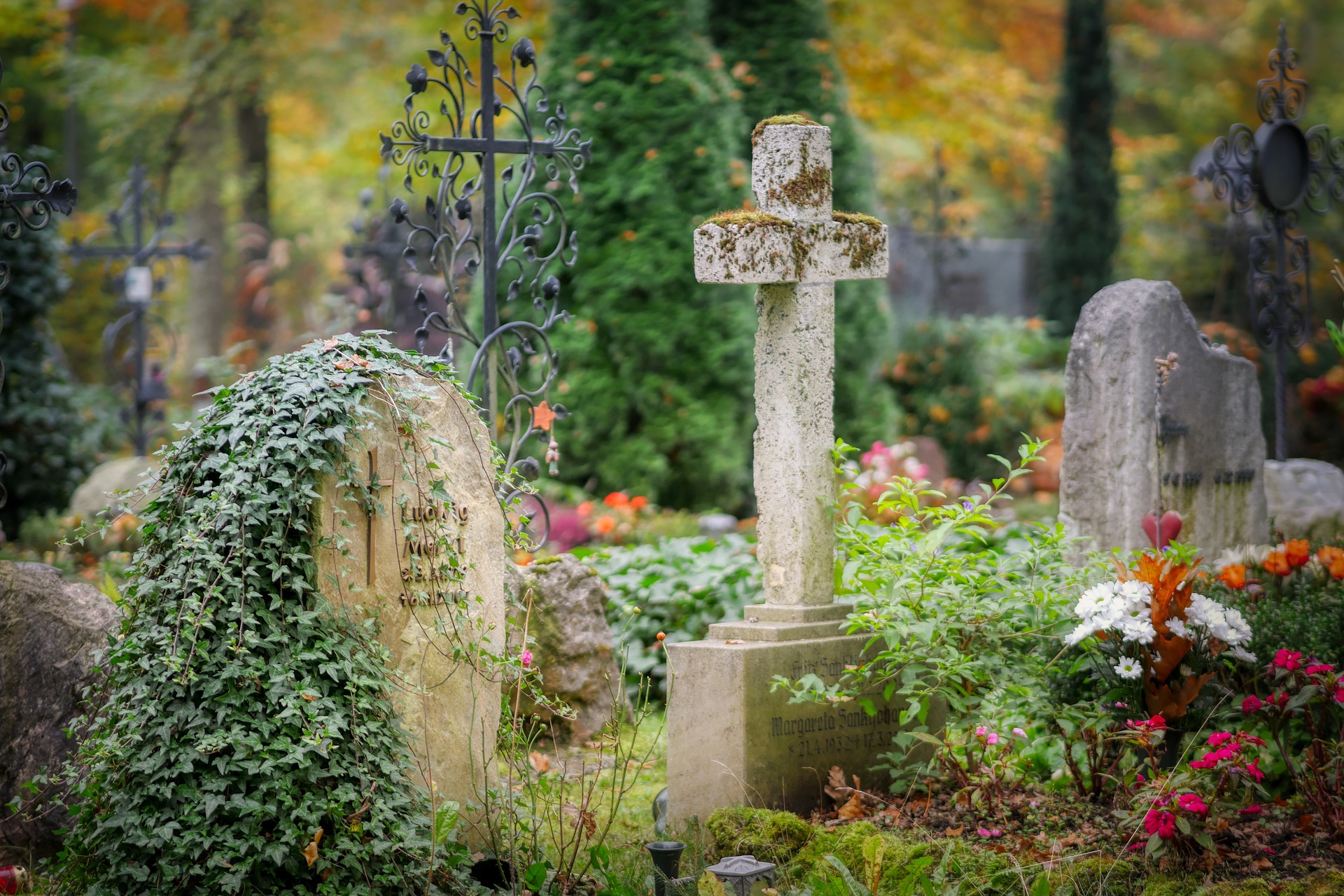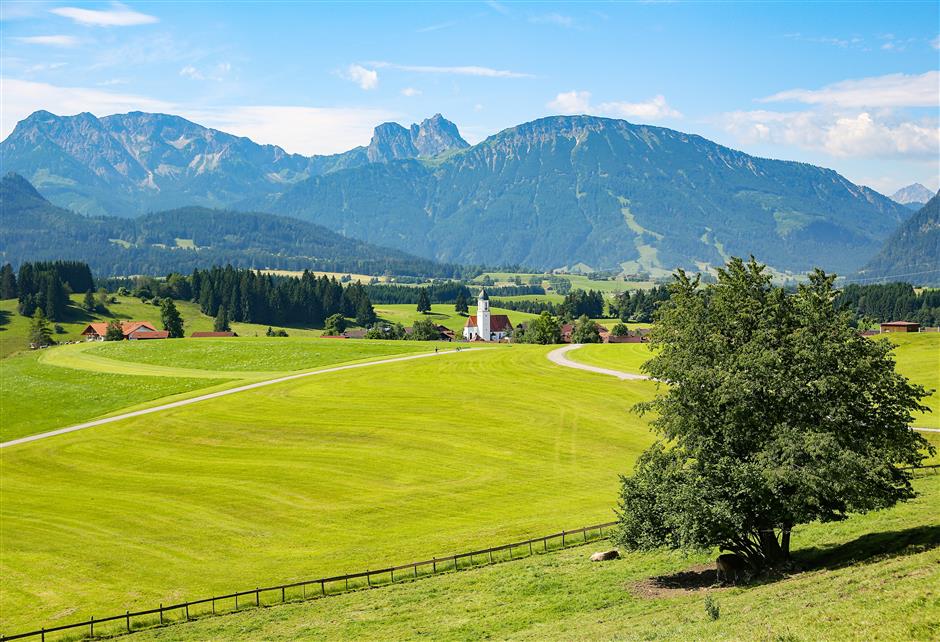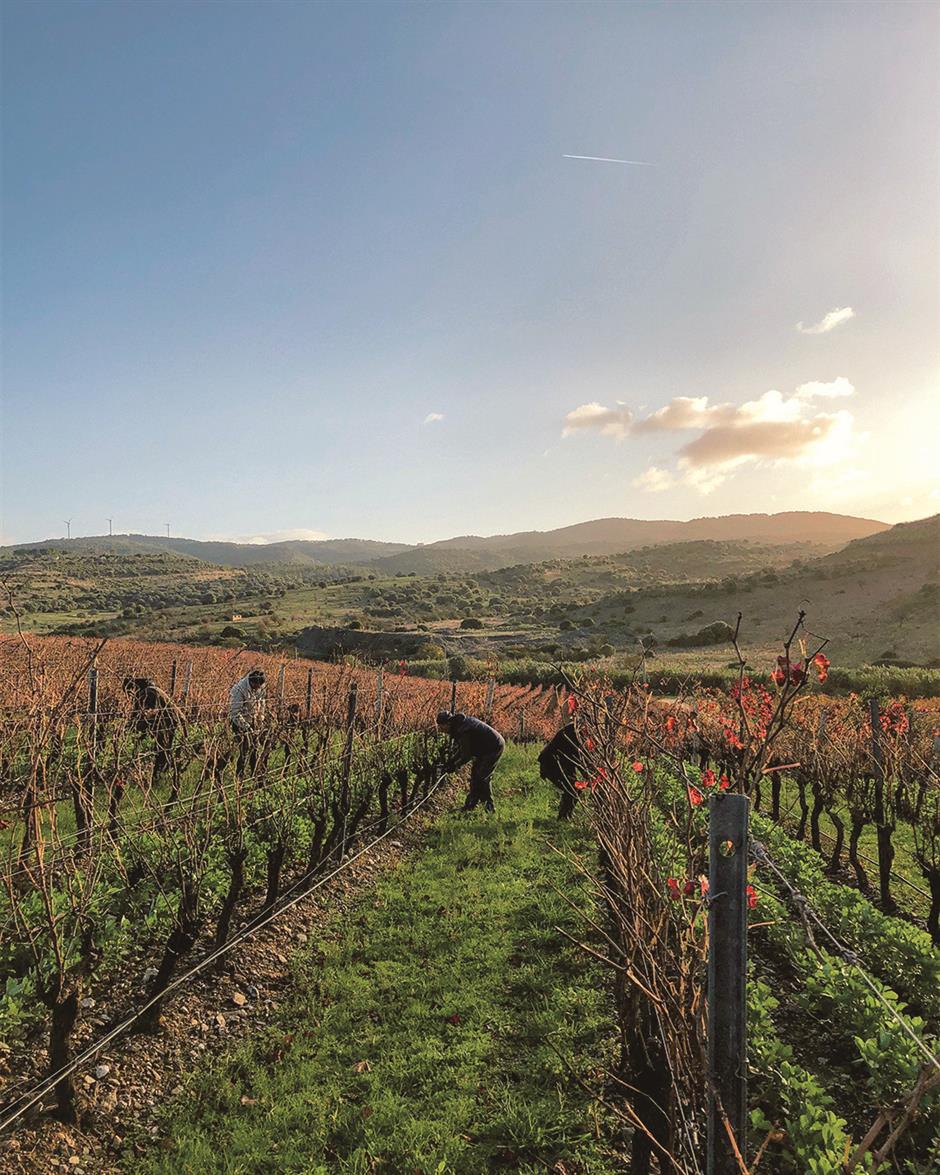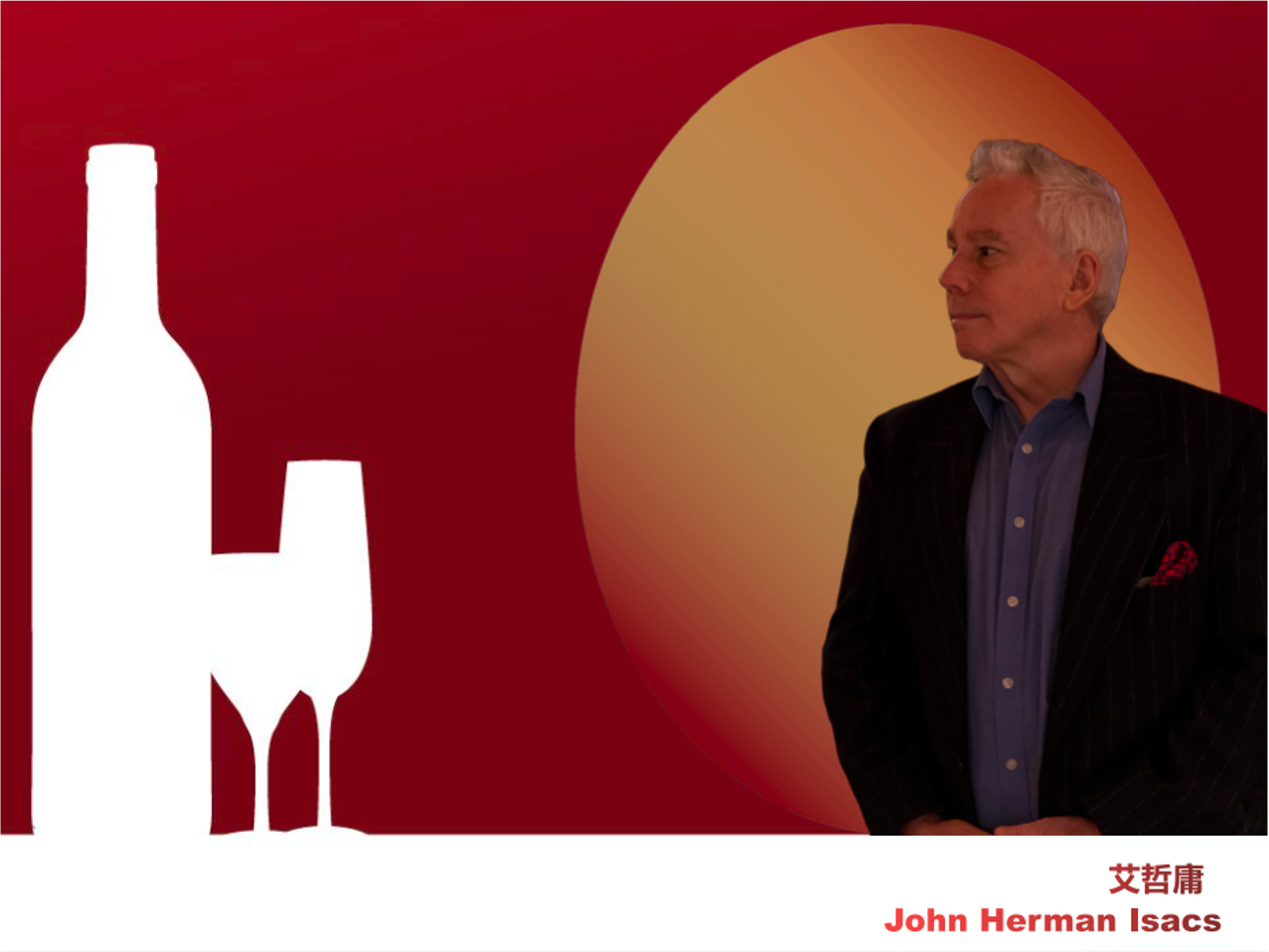Wine is intimately entwined with nature and the cycle of life. I’m often amazed how the natural progression of wine mirrors the existence and demise of all things living, including man. There is birth, growth, hope and flourishing and ultimately aging and death. In fact, a wine can be considered to have three lives, the first in the vineyard, the second in the bottle and the third in the glass. In all three lives the fruit and resulting wine will be young, mature and then over the hill. The celebration of new life and mourning death is particularly appropriate as the important Chinese holiday Qingming Festival approaches. Also referred to as Tomb Sweeping Day, Ancestors Day or literally translated as Pure Brightness Day, this is a time when families in China pay respects to their dead while also celebrating the rebirth and new life that Spring brings.

Short history
The modern Qingming Festival evolved from the earlier holiday known as Hanshi Day which literally means cold food day. The story of this day dates back to the to the Spring and Autumn period of Chinese history in the seventh century BC. Duke Xiao was the monarch of the state and he wanted the son of his favorite concubine Li Ji to inherit the throne instead of his eldest son Shen Sheng. Therefore, this rather unsavory character had his eldest son murdered. His second eldest son Chong’re wisely fled before his father was able to also arrange his demise. For 19 years Chong’re and his entourage were on the run encountering great hardship. At one point when Chong’re was near death from starvation, his loyal servant Jie Zitui actually sliced off some flesh from his thigh to make a soup for his master. As thoroughly disgusting as this may be, Jie Zitui was credited with saving his master’s life. Eventually, Chong’re was able to reclaim the thrown and become the new Duke Wen of the State of Jin.
The new ruler decided to reward the loyal subjects who accompanied him in exile. For some unknown reason the Duke failed to remember his most loyal subject, Jie Zitui; who was so hurt by this omission that he went to live in the forest with his mother. The forgetful Duke eventually remembered the loyalty of his servant and sought him out to rectify his omission. Finding Jie Zitui turned out to be no easy matter and one of the advisors to the Duke suggested setting the forest on fire so Jie Zitui would have to come out. This incredibly stupid advice was followed with the unforeseen, yet not terribly surprising, consequence of Jie Zitui being found dead clutching to a tree with his mother on his back. The Duke was so distraught that he proclaimed that no fires could be made on the annervesery of Jie Zitui’s death so this day became known as the Hanshi or cold food day.
Traditionally Hanshi was held on the day preceeding Qingming which had its origins in the Tang Dynasty in 732 AD when Emperor Xuanzong proclaimed that paying respects to ancestors should be done only on Qingming day. Previous to this proclamation, wealthy Chinese tended to spent a great deal of money and time on attending to the dead which the pragmatic emperor felt was wasteful. Around 300 years ago during the Ching Dynasty the Hanshi holiday became one with the Qingming Festival.
Three lives of wines
As previously mentioned, a wine actually has three lives. The first happens during the budding season in the spring when the vines first show signs of new life. Then the grapes gradually mature and ripen reaching an optimal ripeness before being harvested. Pick too soon and the resulting wine will be immature, pick too late and the wine will be too ripe and flabby. Also analogous to the life and characters of humans, a vine that experiences some hardship and needs to struggle tends to result in better wines. The best wines are made in rather poor quality soil where the roots of the vines have to go deep into the soil to get water and nutrients. Parents who spoil their children please take note.
The second life of a wine happens in the bottle as the wine ages. How quickly a wine ages in the bottle depends on the grape, how the wine is made and the environmental conditions when the wine is shipped and where the wine is stored. Again, this is remarkably similar to how we humans age. Red wines usually age more slowly, and white wines with the exception of some great Chardonnays, Rieslings and a few others tend to age more quickly but all wines go through a period of youth, maturity and death. My father as a serious wine collector would only buy wines by the case. If they were top Bordeaux red wines or other serious reds that require bottle aging the wines would sit in his cellar unopened for more than a decade. Then once a year he would open and taste a bottle to experience the evolution and growing maturity of the wine. He often humorously remarked that the maturity and growth of his wines was more reliable than that of his children.
The third life of wine starts when a bottle is opened and the wine starts interacting with oxygen, sound familiar? Whether the wine is put in a decanter to expedite breathing or poured into a glass, the oxidation and aging process in this third life has irreversibly begun. Most white wines are pretty much ready to drink when the bottle is opened. The very best Grand and Premier Cru Burgundy, Bordeaux and other top whites actually profit from breathing. Goods reds always benefit from some breathing time. One of the pleasures of drinking a wine is experiencing its youth, maturing and then somewhat sadly its decline; which brings us back to the meaning of Qingming Festival.
Wines for Qingming
Held on the 104th day after the winter solstice on the Chinese lunar calendar; Qingming celebrates spring and the hope it brings. Temperatures rise, seasonal rains come and early life enthusiastically buds forth. Youth and new life are celebrated and in the wine world one of the best wines that shares these youthful attributes is rose. Made from red wine grapes, these wines gain their color from a brief time, typically two to three days, of skin contact. In red wines the time of skin contact is much longer resulting in darker wines.
The lively fruity and floral qualities of good rose wines make them perfect for celebrating new life. They also pair very nicely with many of the fresh and light foods we like to eat during the spring. Two rose wines that I’ve tasted over the past week that offer the fresh and exuberant qualities of spring are the Skalli Cotes de Provence from the south of France that’s replete with scents of spring flowers and youthful fruit flavors and from Shanxi, China the Grace Vineyard Rose, one of the precious few good Chinese rose wines that’s made of Cabernet Sauvignon, Merlot and Cabernet Sauvignon grapes.
April 4th when we celebrate Qingming Festival this year will also be a time to pay respect to our ancestors. Grave sites will be attended to and offerings made to ensure the departed experience plenty in the afterlife. Chinese liquors and rice wines have played a role in Qingming ceremonies but not wines made from grapes. However, there’s no reason new traditions cannot begin, and I’m respectably sure the dead wouldn’t mind a good glass of wine.
Throughout history wines have played a role in both mourning the dead. Great wines, like loved ones no longer with us, are never forgotten. I have friends in the west who may not celebrate Qingming Festival but who nonetheless pay their respect to departed family members or friends by opening a bottle of wine every year to celebrate the departed member’s birthday or day of death. They pick a wine that was particularly favored by the departed soul. My father passed away on April 2nd 2003 so this year in Shanghai I’ll open a bottle of one of his favorite wines Chateau Cos d’Estournel, a second growth wine from Saint Estephe in Bordeaux. This is one of the most robust and generous wines of Bordeaux often offering enticing exotic qualities. A unique part of this winery is the Chinese style tower. I had the opportunity to meet with Bruno Prats the former owner of Chateau Cos d’Estournel a few weeks ago. His son is still the general manager of the chateau and when I crack open a bottle to pay respects to my father I’ll be sure to tell him that I met with Bruno, a winemaker my father always admired. I think this will make him happy.





